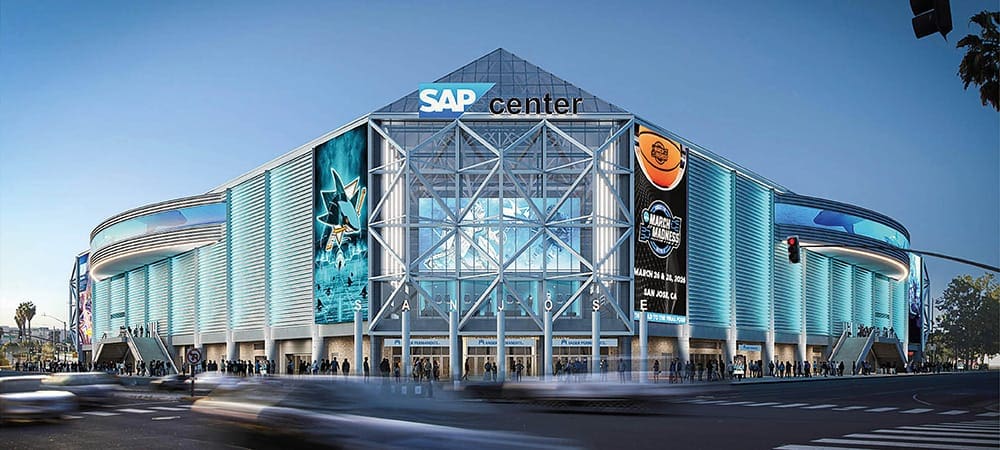Equipped for the Hybrid Multicloud Age


Open Source arrived in the SAP world a long time ago. The Walldorf-based software company contributed to this development when it made the decision to only use the Linux operating system platform along with SAP Hana and Hana-based application solutions such as S/4.
And the trend towards Linux with NetWeaver-based infrastructures with AnyDB has already provided the impetus for the deep penetration of Linux. The Hana figures quoted by SAP recently (during this year’s Sapphire conference) speak to this significance. The company now has 50,000 Hana licenses. In addition to Linux, other Open Source solutions are used in SAP environments in conjunction with Data Science and the use of Kubernetes. Kubernetes is used for the orchestration of containers as part of SAP Data Hub environments.
From a technical perspective, the latter plays an important role in the SAP Data Hub. And that is in the form of the Suse solution Container-as-a-Service Platform, in short: CaaSP. It ensures flexible, simplified and automated options for delivering small services (micro services) with the help of containers, including the use of Kubernetes.
Two worlds, one operating system
Suse, as an Open Source innovator and exclusive Hana development partner, never questioned (even during the early days of Hana) providing Suse Linux Enterprise Server (SLES) for Applications not only for the SAP on-premises world, but also for the Public Cloud.
SAP customers are already implementing Hybrid Multicloud computing intensively with a uniform operating system platform or Operating System (OS) and are benefiting from this type of IT consistency based on a uniform code base. Especially in the IaaS environment. All far-reaching and partially unique functions of SLES for SAP Applications for mission-critical SAP deployment, which are used in an on-premises environment, are also available for the Public Cloud. For example, the Live Patching feature. Security patches can be installed in the Linux kernel using this feature and without restarting the system.
This basically means that optimal availability is guaranteed. SLES for SAP Applications can be used in all known or relevant Public Cloud environments. Even in Microsoft Azure. Here is where the ten-year-old strategic partnership between Suse and Microsoft is an advantage. Against this background, it is not really surprising that Suse as the leading SAP Linux provider announced support availability of SLES for SAP Applications for SAP Hana Large Instances on Microsoft Azure.
The provision of SLES for SAP Applications for SAP Hana Large Instances on Microsoft Azure was preceded by complex development work. Therefore, it is possible for SAP customers to use Hana configuration along with SLES for SAP Application via Microsoft Azure for sizes greater than 0.5 TB. It is planned to operate or support SAP Workloads/Hana environments via Azure with capacities of up to 60 TB (in scale-out).
Close cooperation with Microsoft
Suse and Microsoft face increased requirements from SAP customers to use Hana or Hana-based applications as part of their Hybrid Cloud deployment or in combination with IaaS. For example in projects to consolidate multiple SAP ERP/ECC systems in an S/4 system or in data center modernization projects. Suse, as the leading Linux distributor and SAP Open Source pioneer with its operating system platform SLES for SAP Applications, has supported Intel Optane DC Persistent Memory in conjunction with Hana since mid-January and even Microsoft has agreed to provide support.
Compared to traditional technology (with the use of SSDs), the Persistent Memory Technology provides new or optimized applications for data access and data storage to SAP customers. Linux and Hana systems can be managed with Suse Manager, which can be used in Azure. It is possible to administer, monitor and control Hana environments with a high level of automation using Suse manager, including automation of infrastructure patches and updates.
Other Suse solutions such as Suse SLES for HPC deployment or Cloud Application platform are also available on the Azure marketplace. Different and flexible pricing models are available for Suse solutions in Azure—including Azure Reservations for Suse—for a period of one or three years.









